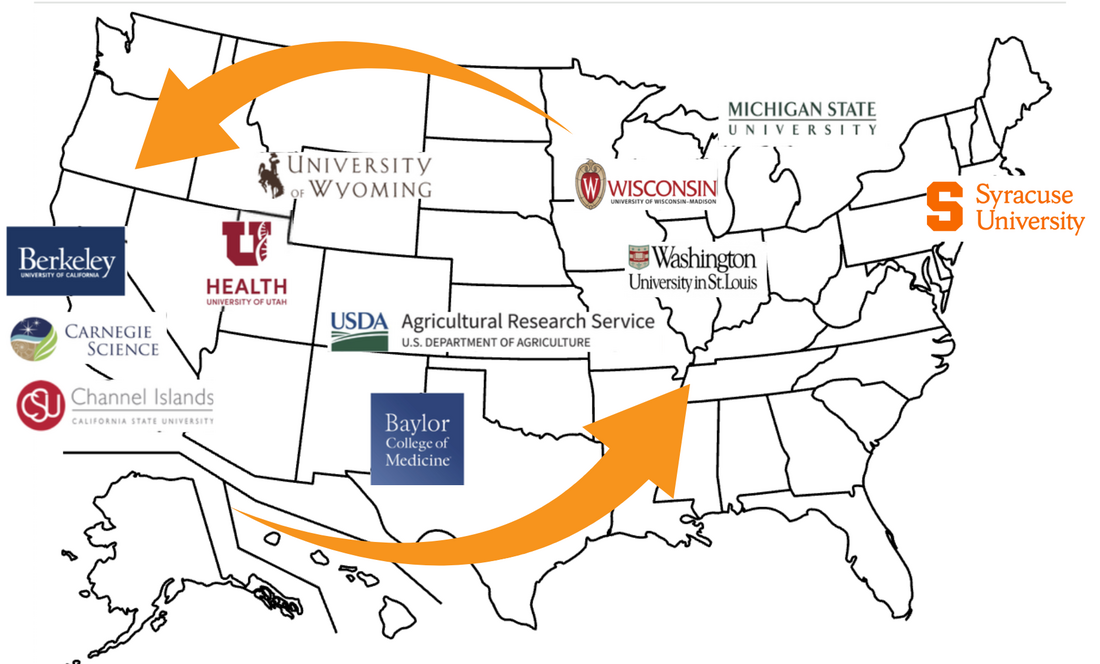
Training and Education at WALII happens at all career stages, from undergraduates to faculty, with exposure to new tools, approaches, and biological systems. Mentorship includes work-life balance, trainee agency, and workplace climate. We emphasize long-term mentorship and invoke measures that continue to support alumni after their tenure at WALII. Monthly seminars and quarterly multidisciplinary training workshops ensure that trainees are aware of the research, tools, and techniques available in other labs. Trainees are encouraged to travel to other WALII labs to network, learn new techniques, and experience new research environments. Trainees hold leadership positions across WALII and participate in decision-making and administration of the Institute. As synergy increases, unplanned projects surface and foster such activities.


